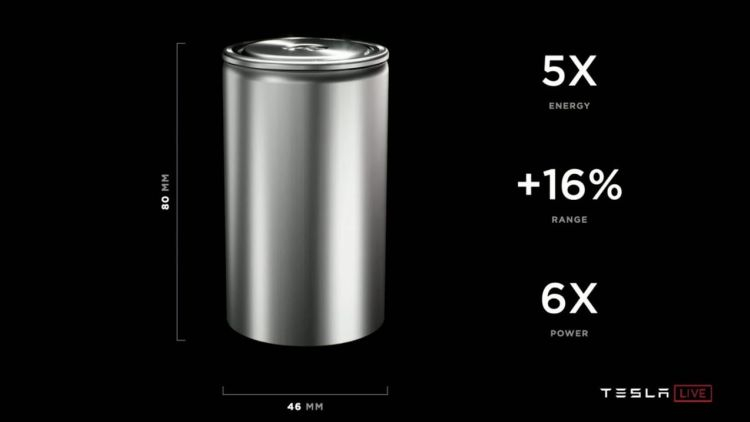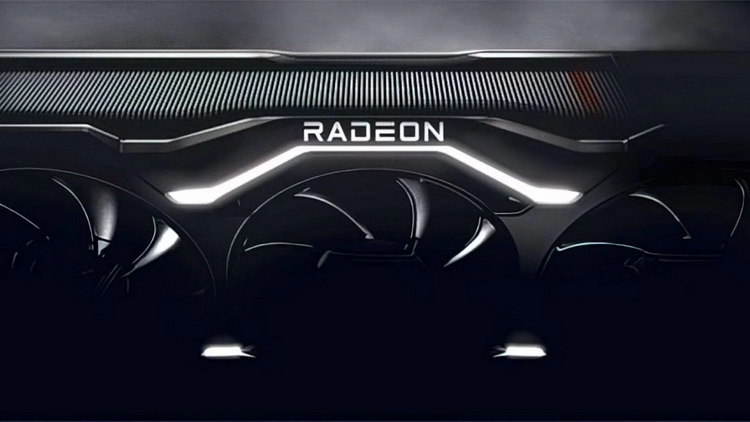
Japanese corporation Panasonic was originally Tesla's partner in traction battery production in Nevada, now their joint venture is capable of producing batteries with a combined capacity of 39 GW‧h annually.The pilot production of new cells type 4680 in Japan has already yielded the first samples of batteries, which were sent to Tesla for further testing.Image source: TeslaWhat emphasizes Reuters with reference to comments from representatives of Panasonic, mass production of cells type 4680 will start at the enterprise in Japan after March next year.In May of the current year the Japanese company managed to start mass production of prototypes of these cells that will be sent to the USA for the needs of Tesla.In the future, Panasonic is considering organizing their production in the United States.Rumors mention the states of Kansas and Oklahoma as the closest places to Tesla's facility in Texas, where the new Panasonic plant will be located.Experts from the Japanese company were actively involved in the development of a new type of cell, which due to its increased size will make traction batteries cheaper with a simultaneous increase in capacity.For Tesla, the transition to the use of cells type 4680 is of strategic importance.Such batteries should be used in the electric Cybertruck pickup and Semi truck, and now the Model Y crossovers with a new power structure of the body are already equipped with them at the plant in Texas.Production of such crossovers will be set up in Germany, but so far the Model Y local assembly uses a transitional design with a battery based on 2170-size cells.Tesla plans to organize independent production of cells of 4680 type not only in Texas, but also in Germany.The representatives of Panasonic said that car business should increase its share in the total revenue of the corporation from 14 to 19% by March of the next year.Overall, global car production will have to return to pre-pandemic levels by then, but shortages of semiconductor components will persist after that.Panasonic intends to partially compensate the growth of battery production costs by increasing prices for its products.


0 Comments